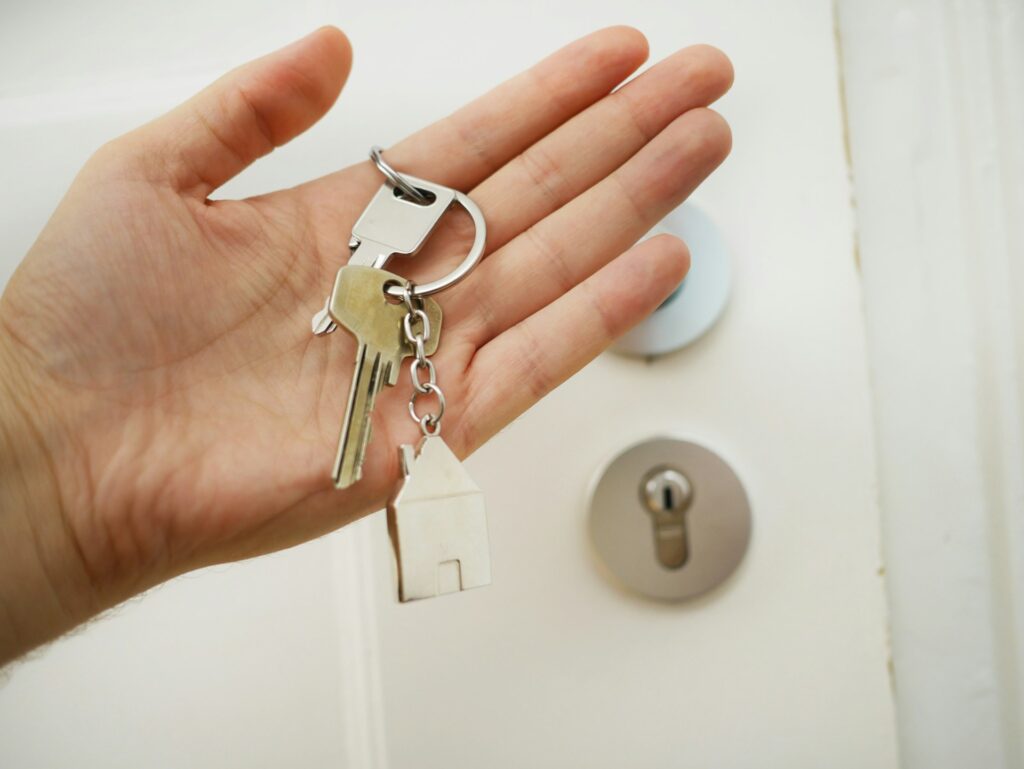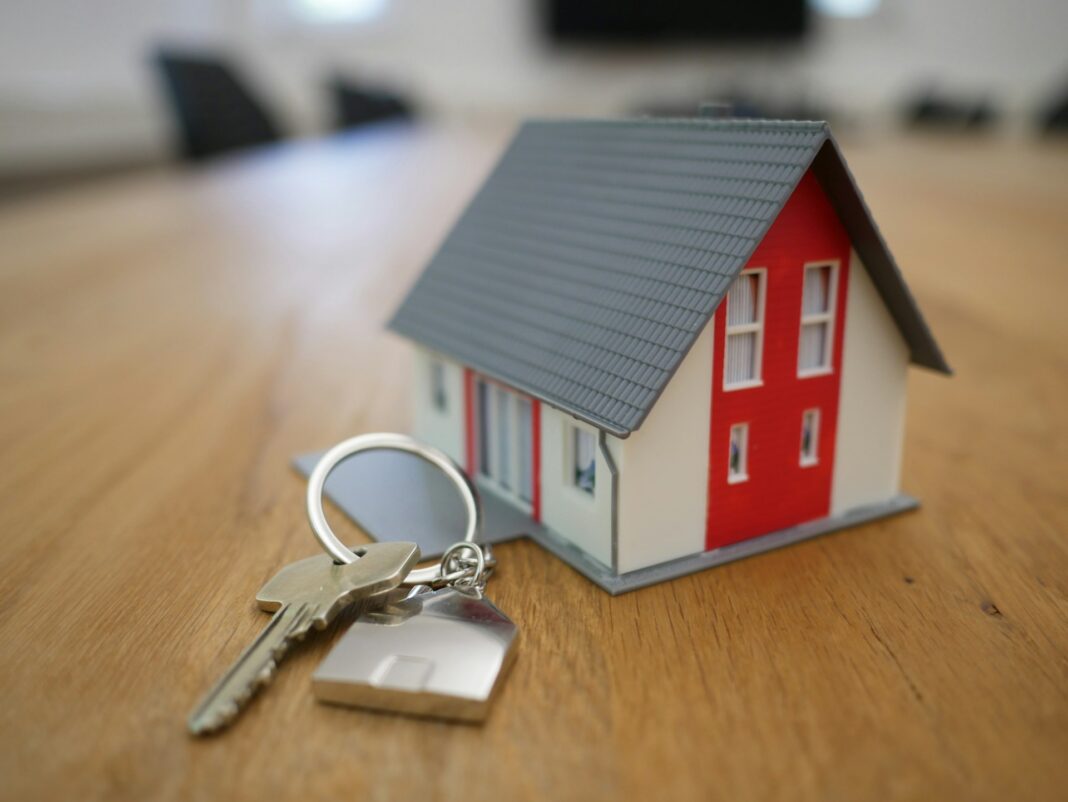Are you looking for a good place to live? Before you start checking real estate listings and reading reviews about mortgage lenders, ask yourself an important question: Should I rent or buy a home? Your finances matter, of course, but so do your plans, lifestyle, the size of your family, the local housing market trends, the state of the economy, and other factors. The answer to this question isn’t clear-cut, but this article may help.
Assess the Pros and Cons
Purchasing a home offers many benefits. There is a sense of financial stability, an opportunity to build equity, and protection from rent increases. Also, you have the freedom to customize your home without seeking a landlord’s approval.
However, there are drawbacks to buying a house. Property taxes often cost homeowners hundreds or thousands of dollars annually. Besides, a lack of flexibility roots you in one place and makes it challenging to leave. This is the flip side of the sense of security that comes with owning a home. When you buy a home instead of renting it, the cost of repairs, big-ticket items such as a new boiler, and general property maintenance are entirely on you.
Your Financial Situation
The decision to rent or buy a house will depend on your financial status. Unless you are independently wealthy and ready to buy a house in cash, you will need to first qualify for a mortgage. Doing so will depend on more than your bank account balance, although your total savings matter.
Even if your income can cover the expected mortgage payments, home buyers with substantial savings are better positioned to make a down payment successfully. They can also meet the other costs of homeownership, including property taxes, closing costs, property maintenance, and homeowner’s insurance.
Mortgage or Borrowing Requirements

Banks and other lenders look for financial stability when assessing loan applications. If you are currently earning a steady paycheck, you already have a leg up. Lenders will also consider your credit history and credit score. Thus, if you are currently carrying debt, are late on payments, or have a history of maxed-out credit cards, you should focus on cleaning up your debt history before you apply for a mortgage.
Do not be discouraged if you have a low credit score or maxed-out credit cards. There may be home loans designed for borrowers with low credit scores. However, you will need a credit score of at least 620 to secure a good loan successfully.
The amount of your monthly income that will go toward your mortgage loan and other debts is also important. Most mortgage lenders require that no more than 35% of your income goes toward your housing costs and other unavoidable costs. So if you do not see yourself keeping your household expenditure below this threshold, you will probably have to hold off on purchasing a house.
Available Loan Options
A mortgage isn’t a one-size-fits-all financial product. For instance, a 15-year fixed-rate mortgage has a lower interest rate. However, the lender will require you to make higher monthly payments. A 30-year version, on the other hand, offers a higher interest rate in exchange for a lower monthly payment. However, the latter has a higher total cost over the long term than the 15-year option. Adjustable-rate mortgages (ARMs) have a fluctuating interest rate.
One typical requirement is a cash deposit of 20% of the home’s purchase price. However, specialized mortgages for first-time home buyers, veterans, and others often allow low cash deposits or are sometimes not required. Consult your real estate agent or lawyer to understand your mortgage’s cash deposit requirements before you apply.
State of the Housing Market
You probably know that interest rates hit rock bottom during the coronavirus pandemic. However, they are now soaring along with property prices, driving up the total cost of acquiring a house. This has prompted most potential homebuyers to put their property searches on hold. Home sellers have also had to cool their heels – perhaps because they will need to settle elsewhere after selling. This comes with all the costs and other problems potential buyers are facing.
But it’s not just a loan’s interest rate that makes a significant difference. The local real estate market affects house prices and rent as well. So, the amount of money you pay will depend on where and when you search for a house. Like mercury, house prices often drop in the winter and rise during the summer months.
Just think about a potential home buyer who is well-qualified to buy a home in Youngstown, Ohio. Here, the median house listing price is about $115,000. However, the same potential buyer doesn’t have the financial pedigree to even rent a one-bedroom apartment in lower Manhattan, NY, where the rent is over $4,000 monthly.
Your Life Plans Matter
The decision to rent or buy a home isn’t only about your financial situation, borrowing requirements, or housing market trends. You should also consider the kind of life you plan to live.
Suppose you want to put down your roots in a certain area. In that case, buying a house is a good way of making yourself part of a particular community. However, if you are not ready to settle, remember that once you sign on the dotted line, packing up your stuff and moving will be complicated. So, ask yourself when you want to be in the next five to ten years. If the answer is where you want to buy a house, it may be a good sign you can buy instead of renting.
Buying a home has also been a great way to build generational wealth. However, if your financial situation is standing in the way or if buying doesn’t match your lifestyle, there may be other ways to invest at nearly any income level. So, never let peer pressure or societal pressure tie you up geographically or financially if buying or renting doesn’t feel right to you. Educate yourself or talk to a financial adviser on other investment options.

